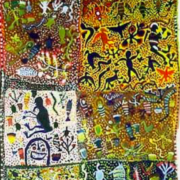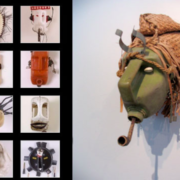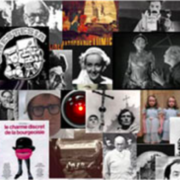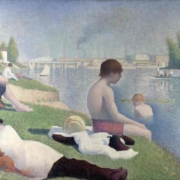A group-analytic model to create a personal and social dynamic identity
Abstract
A group-analytic model to create a personal and social dynamic identity.
Identity needs time to build up, to learn flexibility and adaptability while maintaining a sense of self-consistence,a time difficult to find in contemporary society dominated by expectation of “everything at once” We, as psychoanalysts, can help to restart the time in all its articulations from what Pontalis (1997) calledFifth seasonan evoking name to designate the inconscious as an open circuit. The analytic relationship restores the depth of time and the specific features for each subject coming through it. The peculiarity of the group-analytical work stems from the fact that each patient’s tales are enriched and amplified by the interactions with others and by other people’s tales, thus producing crucial movements towards a healthy individuation and to the pleasure, not the obligation, of sharing and belonging. Each of the participants, session after session, goes through the founding values of the others for the construction of his identity. The culture of flexibility and the unencumbered stream of change will release the subject from the flat identification with his symptoms or with his original culture. Even within the group, this whole process is not free of conflicts, that can even degenerate into fights. Fights that the therapist has to turn into a conflict which can be used to give value to differences and enable a new and creative awareness of identity, an awareness that won’t be afraid to mix with other identities This issue can represent a good model also for our contemporary society, as the meeting with immigration is unavoidable, given that migrations will increase in time.
In our societ it would be advisable to look up to the group-analytic model that should be able, even if with some difficulties, to spread a culture where prejudices can be discussed and become hypothesis to be proved or disproved, not anymore creating strict barriers and value scales that end to the aberration of considering the stranger unworthy of being considered human. I believe that the foundational paradigms of group analysis and groupanalytic culture can provide a valid contribution to the establishment of a healthy identity that does not fear but enhances the dialogue with otherness.








